Adjectives with prepositions
Two days ago we encountered a simple exercise in our textbook. Students’ task was to fill in the missing prepositions. Even though my students are strong lower intermediate students who can understand a lot of English and speak quite fluently, they were not able to use the correct prepositions. Although the students met the adjectives and prepositions many time before, they could not use them. So I have created this post where I will teach the adjectives and prepositions.
This post contains only a few adjectives but I believe it is better if you always use a few adjectives with the correct preposition than if you know a lot of adjectives and use the prepositions wrongly.
Adjectives and prepostions – infographic
ADVERT:
[showmyads]
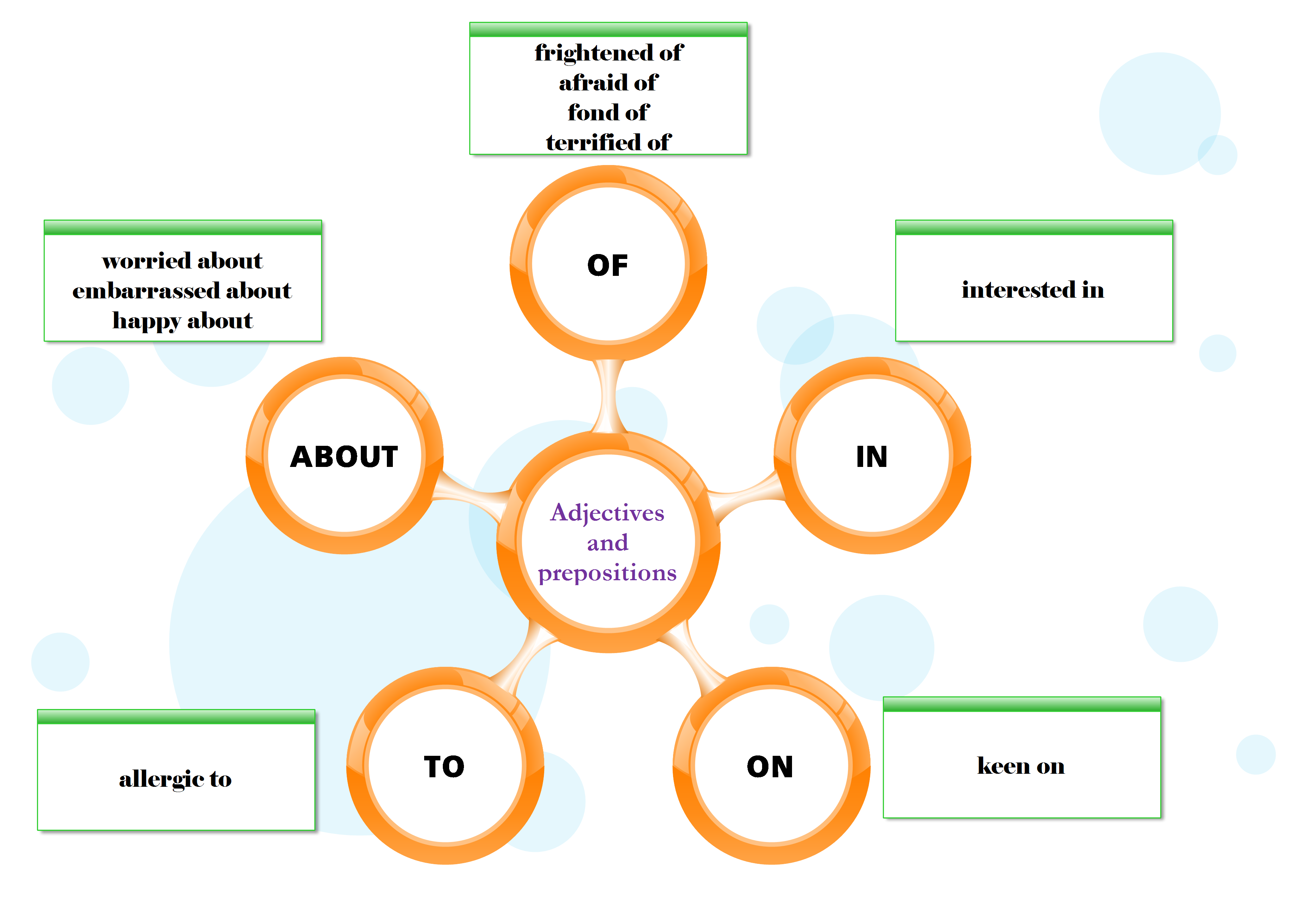
Adjectives and prepostions – games
I have been using games in class for quite a long time, but I never fail to be surprised how easily students learn the correct answers to the questions just because they want to win the game.
The first game is called Teacher Invaders and your task is to shoot all the invaders and complete the sentences with the correct prepositions.
Teacher Invaders gameThe second game is called On target and your task is to shoot as many bad ducks as you can. You can shoot a bottle too and get a bonus. Give it a try.
On Target game
More posts on prepositions
If you need more practise on prepositions there are two more posts on prepositions at our site. They explain the usage of the prepositions AT, IN, ON for places and time.
You can find the posts at:
https://engames.eu/prepositions-place/
https://engames.eu/prepositions-at-in-on-time/
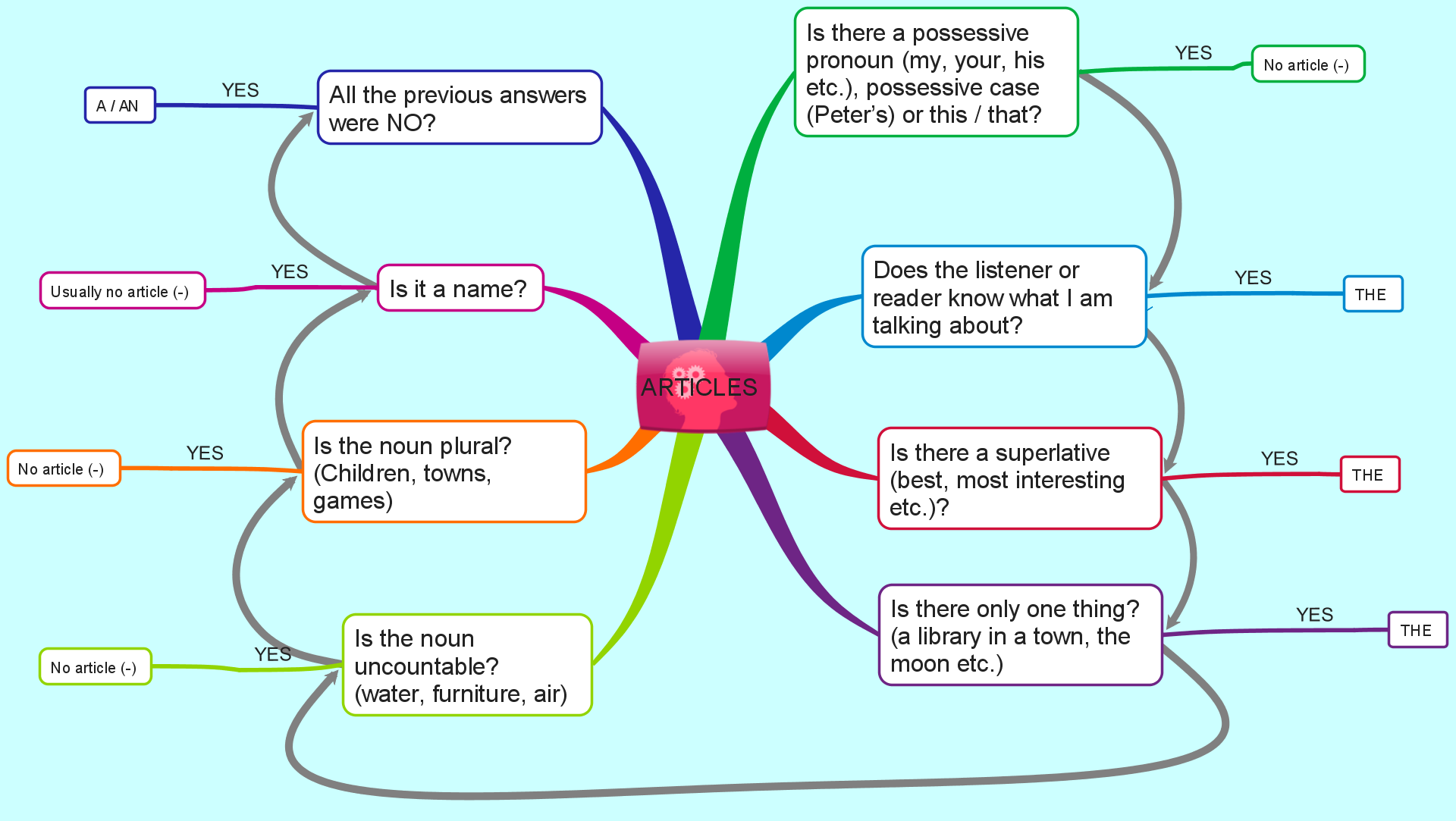

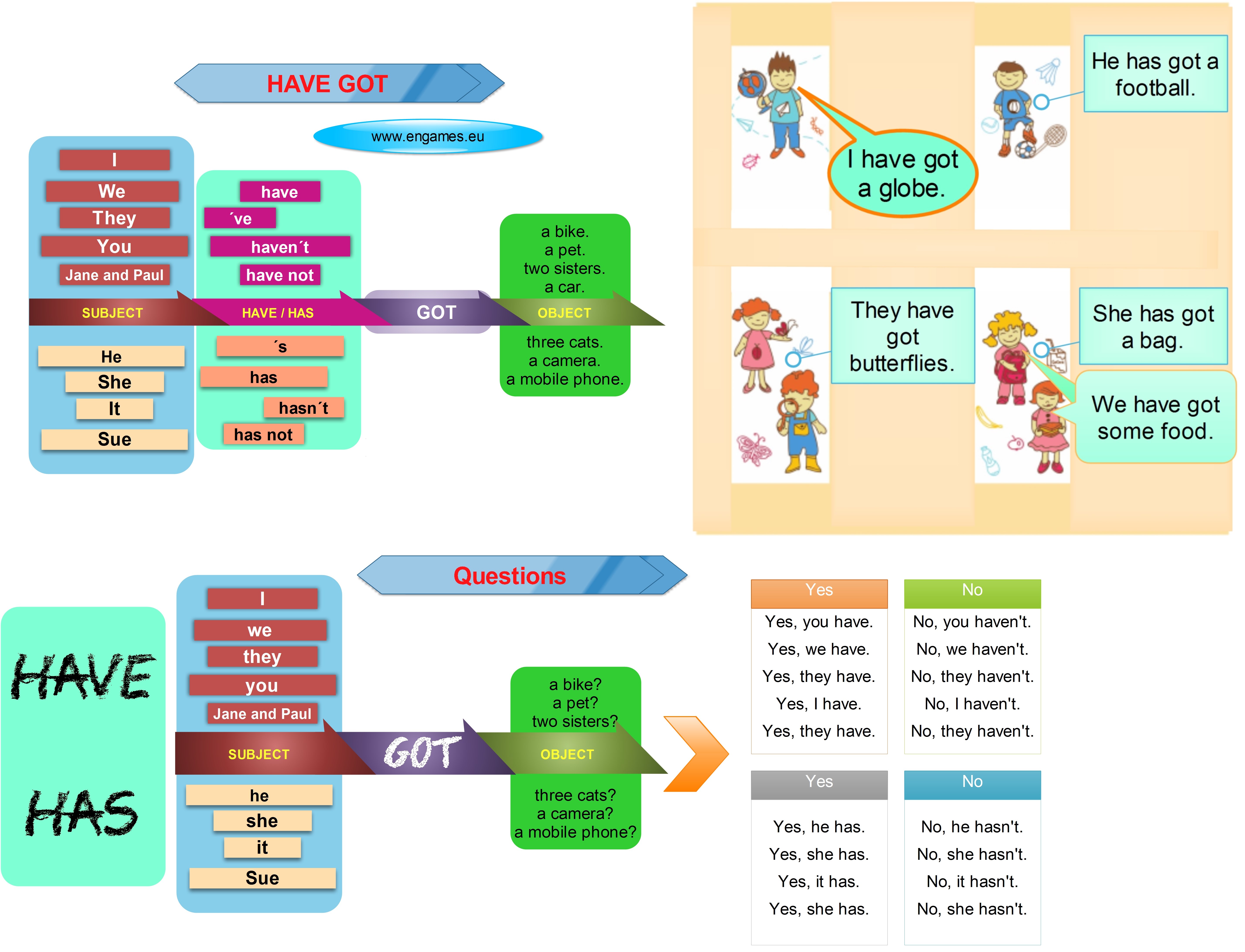
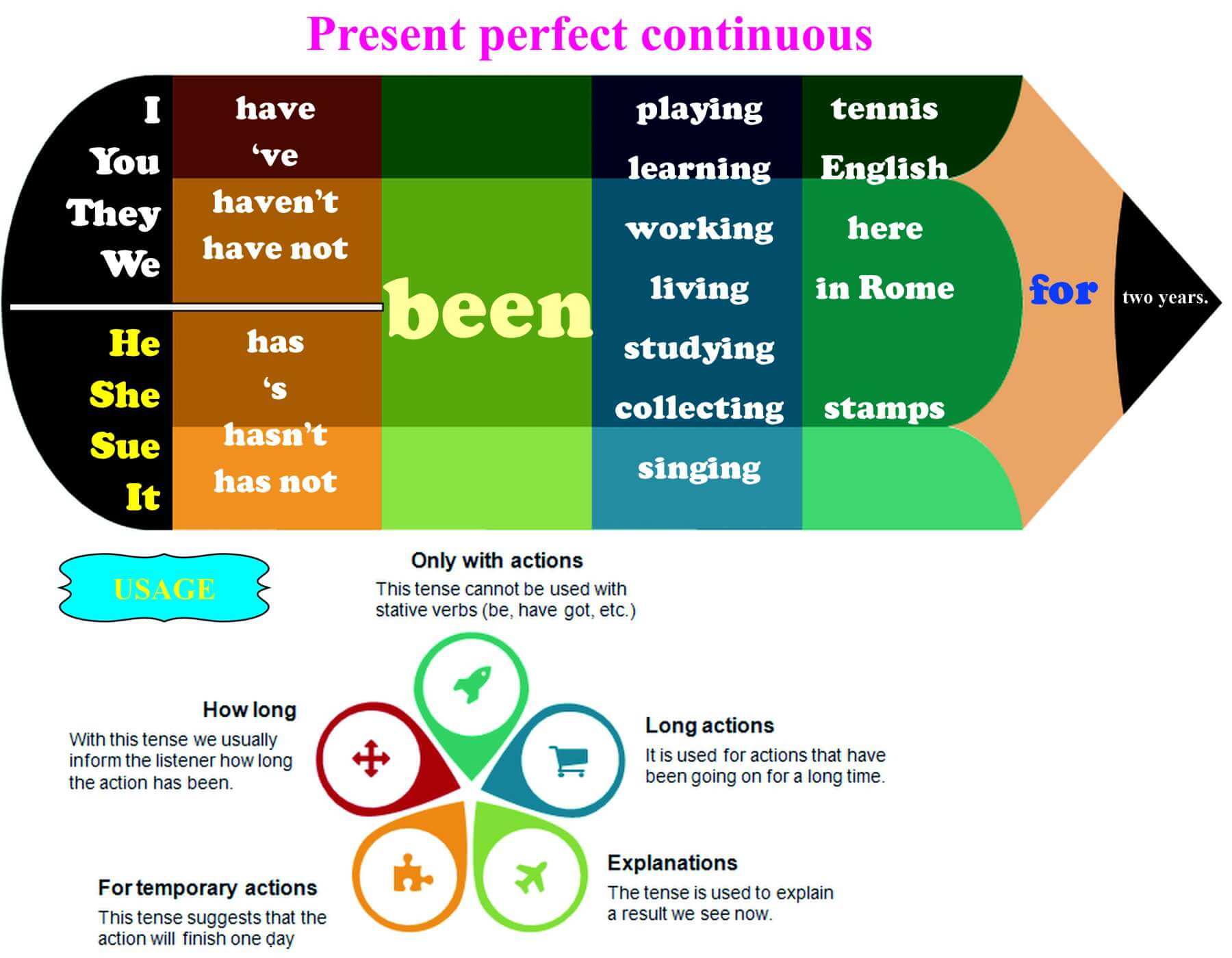
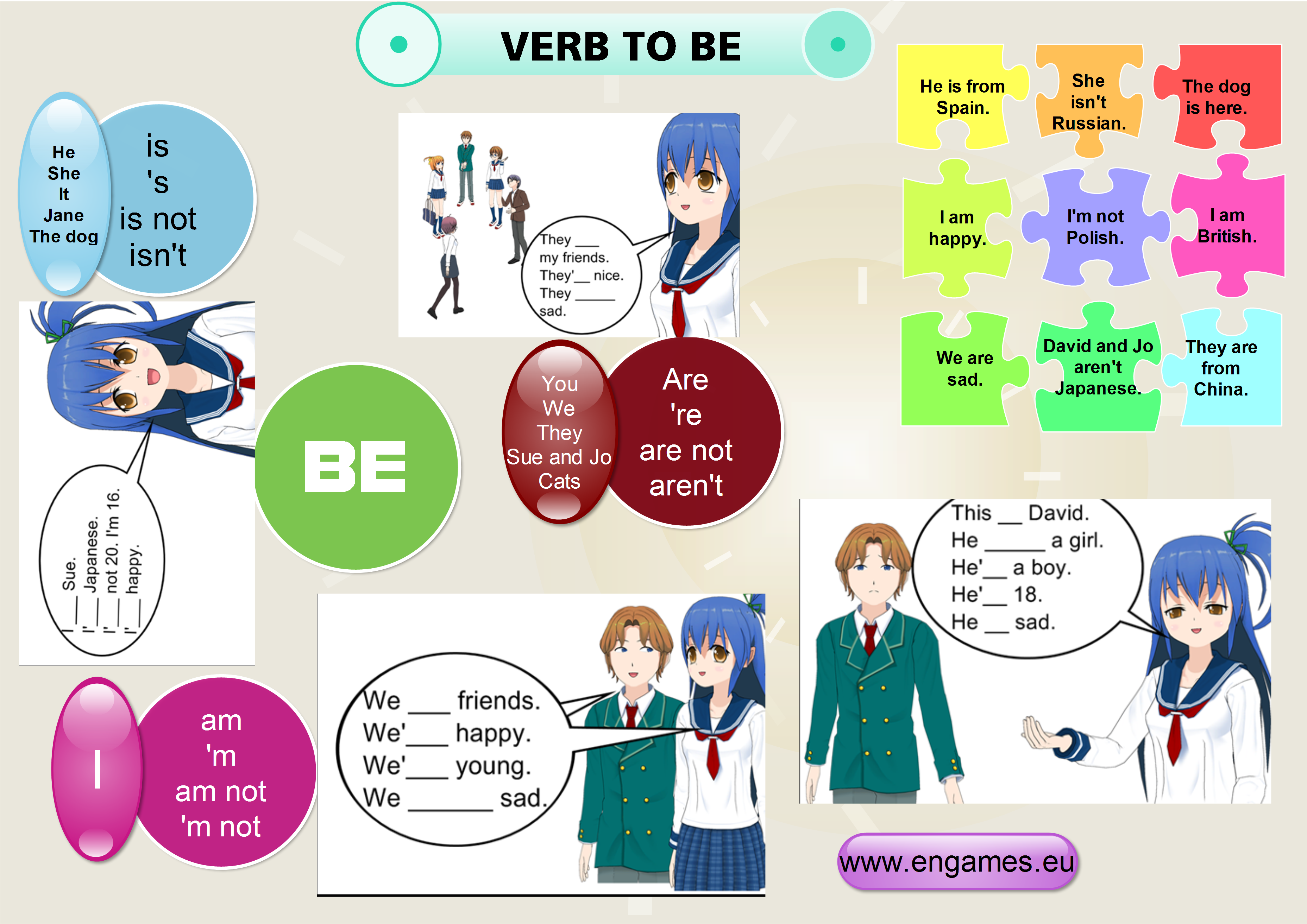
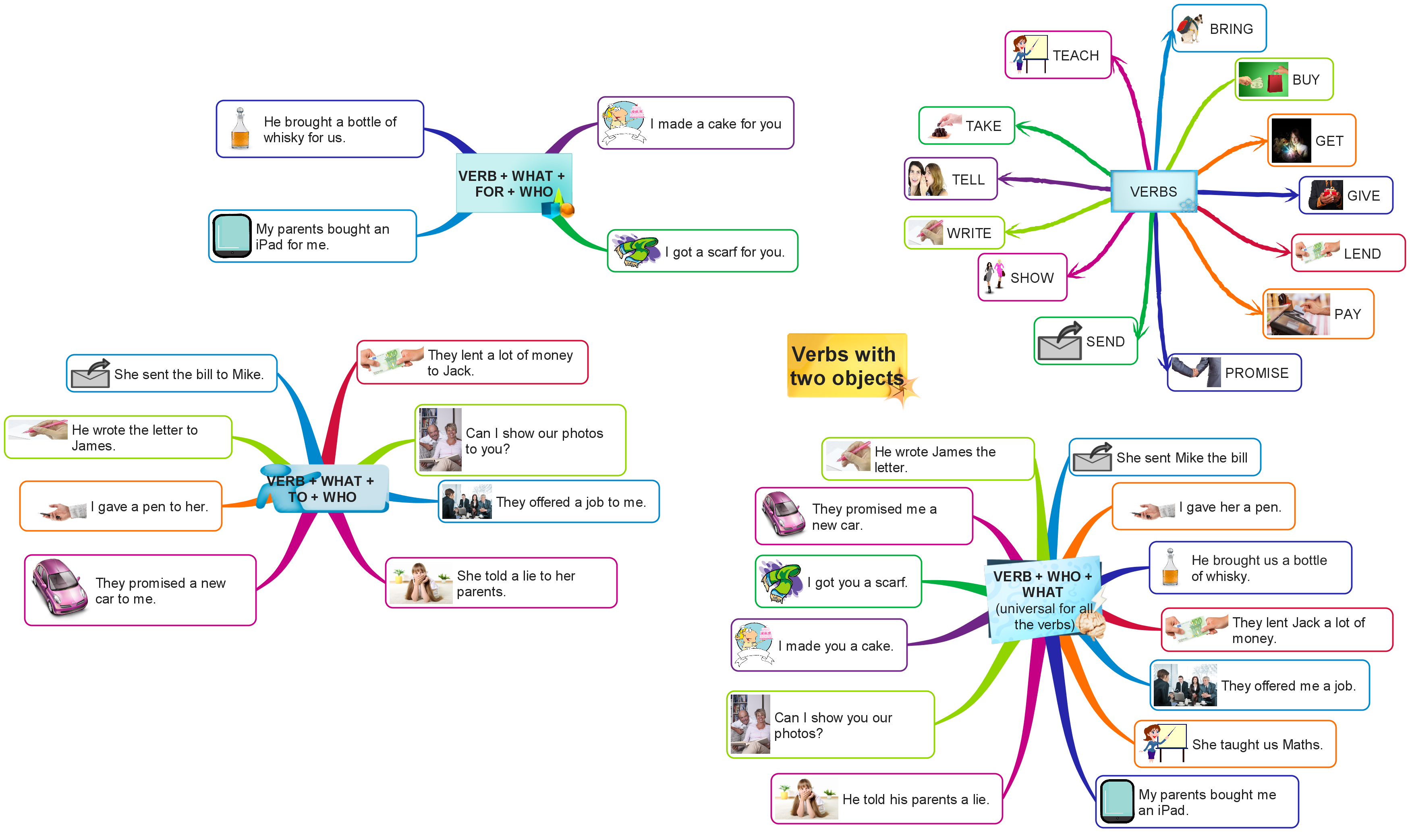
please I have like to improve my english speaking ability. I hope you can send me guide on how to go about it. I have more problems with the use of prepositions and adjectives. For example; I don’t know which one of this statement is correct. 1. In a place 2. At a place 3. In a stadium 4. At the stadium. Am looking in the wrong bag and am looking at the wrong bag
I have one question,what do we mean by:”HOW DO YOU DO?”
I am an English teacher and I want to know more about language
Nothing. We are just polite and the question has no meaning.
i want to improve my English. please guide me for it.
I have more problems with the use of prepositions and adjectives. so.will you given me more information about preposition and extra ……….
There are two posts on prepositions at, in and on.
http://engames.eu/prepositions-place/
http://engames.eu/prepositions-at-in-on-time/
Hi Gbenga. All your statements are correct but have slightly different meanings.
AT a place – usually refers to WHERE a place is (e.g. let’s meet at the stadium)
IN a place – usually refers to what happens INSIDE that place (e.g. football is played in the stadium)
Looking AT the bag – means you are looking at the bag in general, not inside it
Looking IN the bag – looking INSIDE the bag.
Hope this is helpful.
A collocation dictionary can be handy! It helps me a lot!
I would like to practice English grammar or to get model book grammar for easier understanding way
the more sentences we will come across everyday, we will be able to pick up all types of grammar application. Newspaper is the best option to learn English language.
Last 5 years my English is well but this time my English is bad because of during that time i never used English. How can i take my English back with only 6 months? i hope you help me. Thanks
thanks alot for these useful mindmaps they help me in my teaching
Thanks for very lovely game which is full of knowledge.
can the games on this page be seen on a separate page?
Not at this time. If there are more demands for this, I will add a button to allow this. However, you can make it bigger in your browser.
“Late TO something” is American usage (and probably Canadian too). In Bristish English, the original answer is correct: “Late FOR something”. On a similar note, Americans always say “different than” whereas, in British English, it should be “different from”. Incidentally, Charles Svoboda refers to this text as a sentence: ““I can’t ______ now, I am late to the _______”. In fact, this should be two separate sentences (separated by a full-stop (period) or, preferably, a colon – since the second sentence is adding more information to that in the first sentence). So, in British English, it should be either “I can’t ______ now. I am late for the _______” or “I can’t ______ now: I am late for the _______”.
Thank you for your valuable feedback.